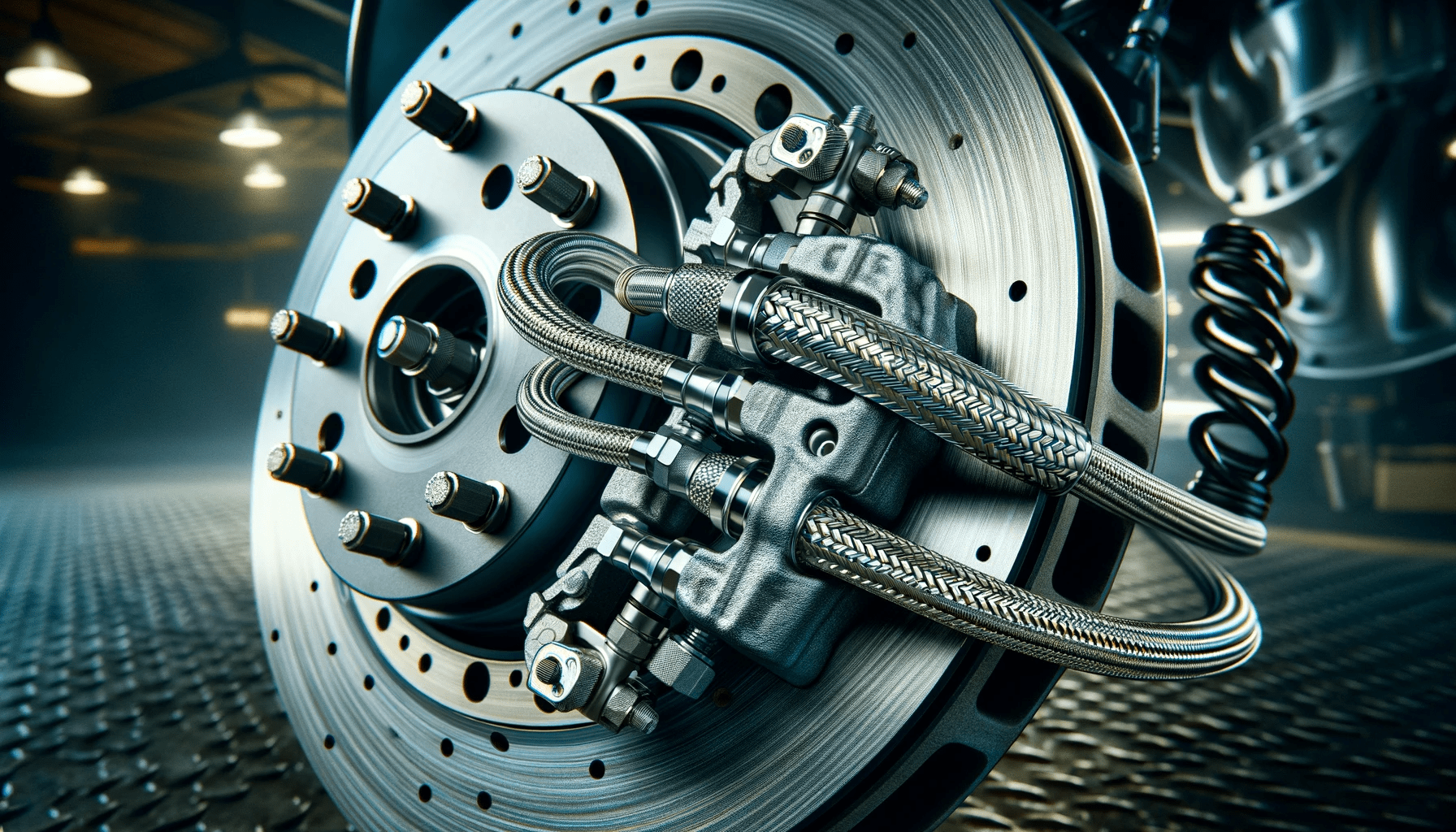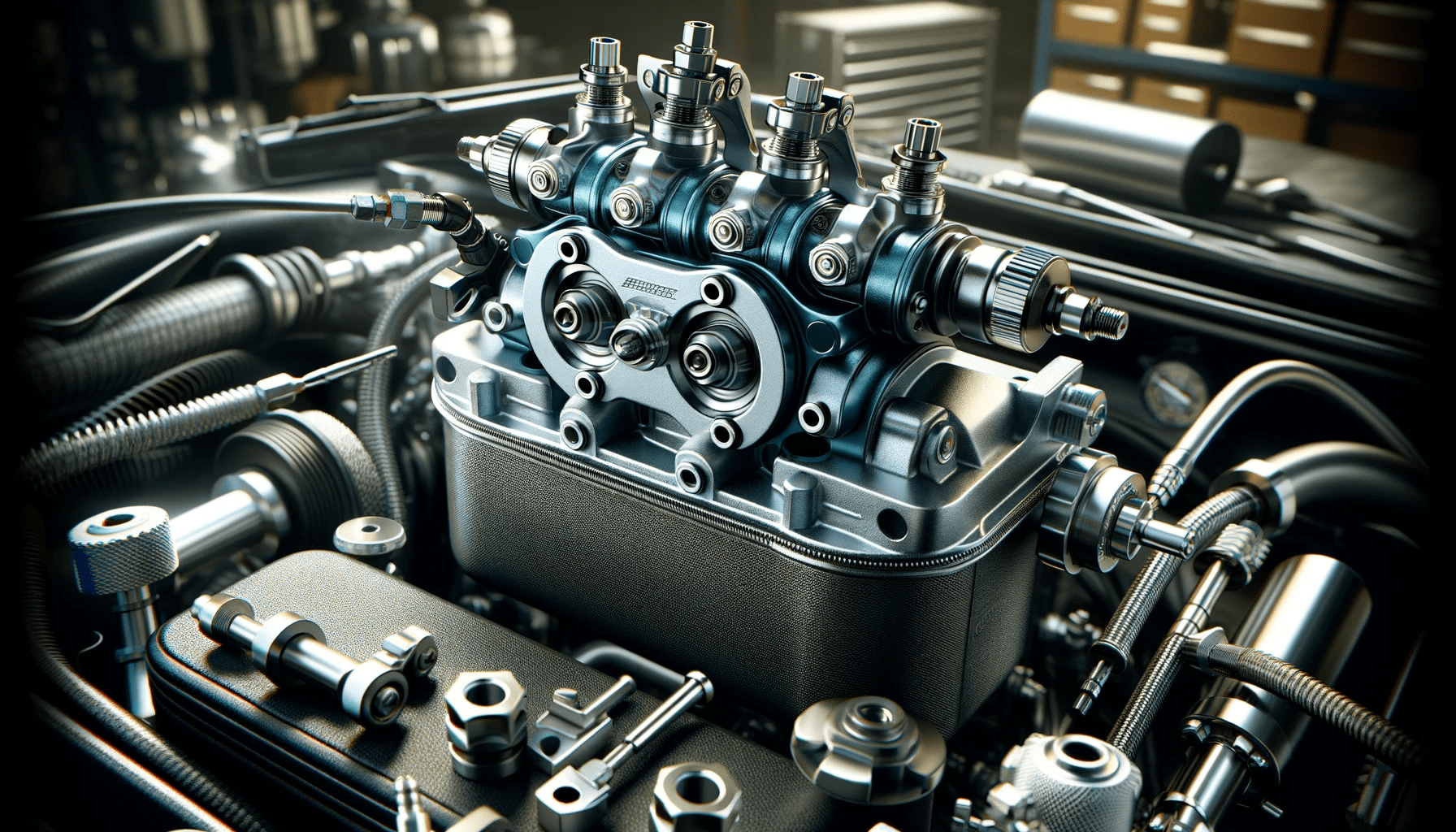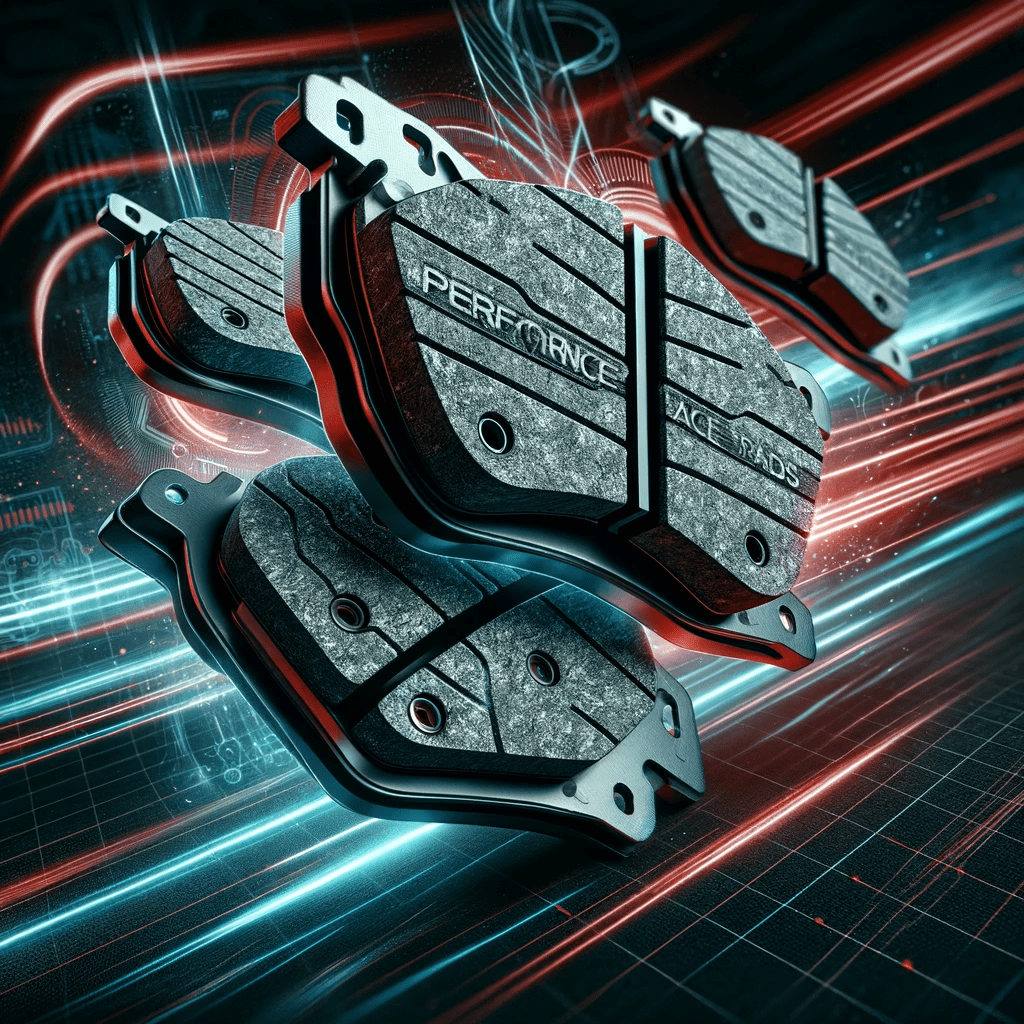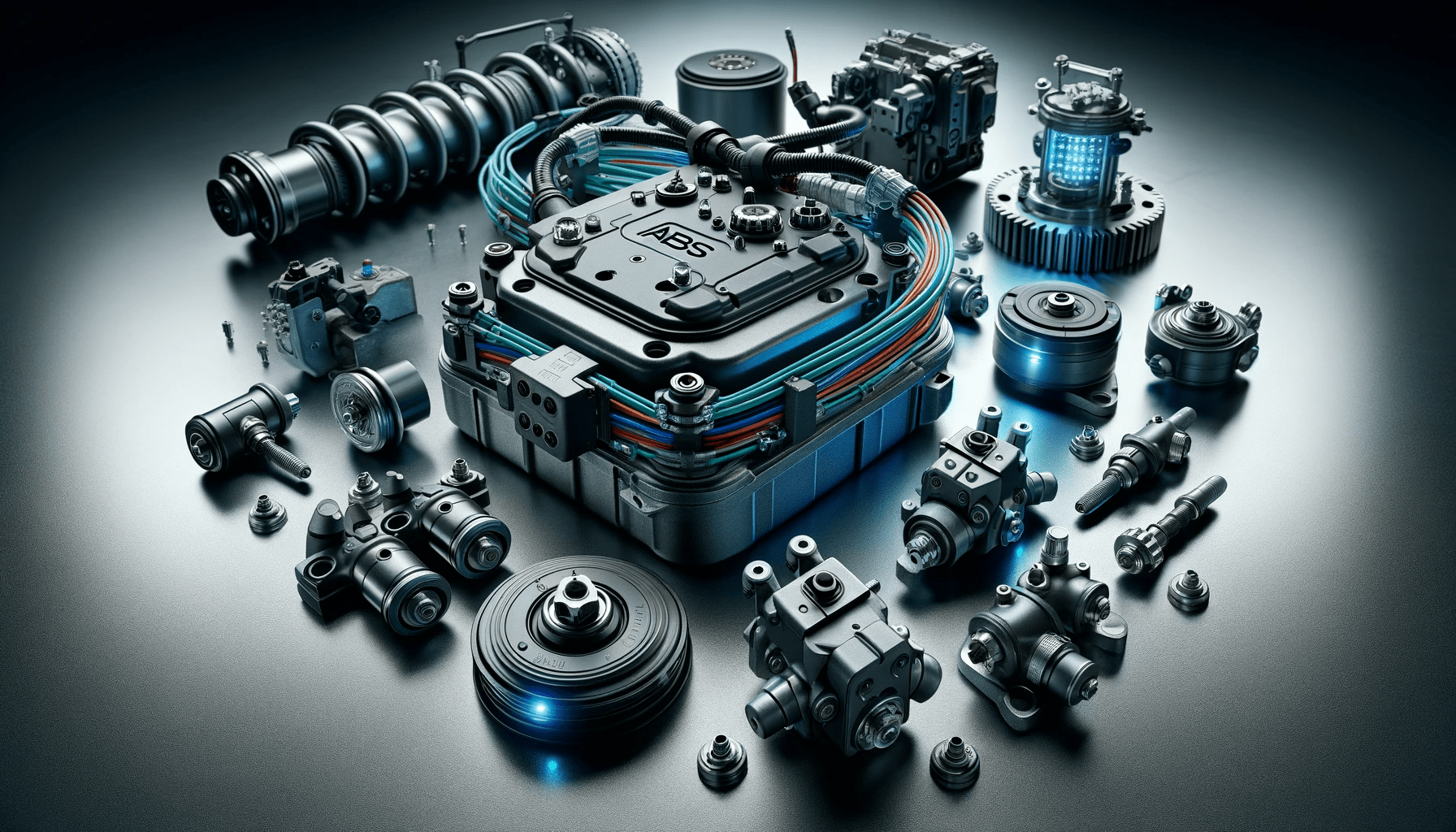Key Takeaways
| Disc Brakes | Drum Brakes |
|---|---|
| Offer better stopping power | More cost-effective |
| Perform better under heavy braking | The enclosed design protects from debris |
| Easier to service and inspect | Common in older or budget vehicles |
| More consistent performance in wet conditions | Require less frequent maintenance |
| Typically found on front wheels | Often found on the rear wheels |
In a nutshell: Disc brakes excel in performance and maintenance, whereas drum brakes score points for cost-effectiveness and durability.
Introduction
When it comes to stopping power, not all brakes are created equal. The rumble of power under the hood needs a reliable counterpart to bring it to a halt. That’s where the classic battle of brakes: disc versus drum, comes into play.
Disc vs Drum Brakes: Performance Under Pressure
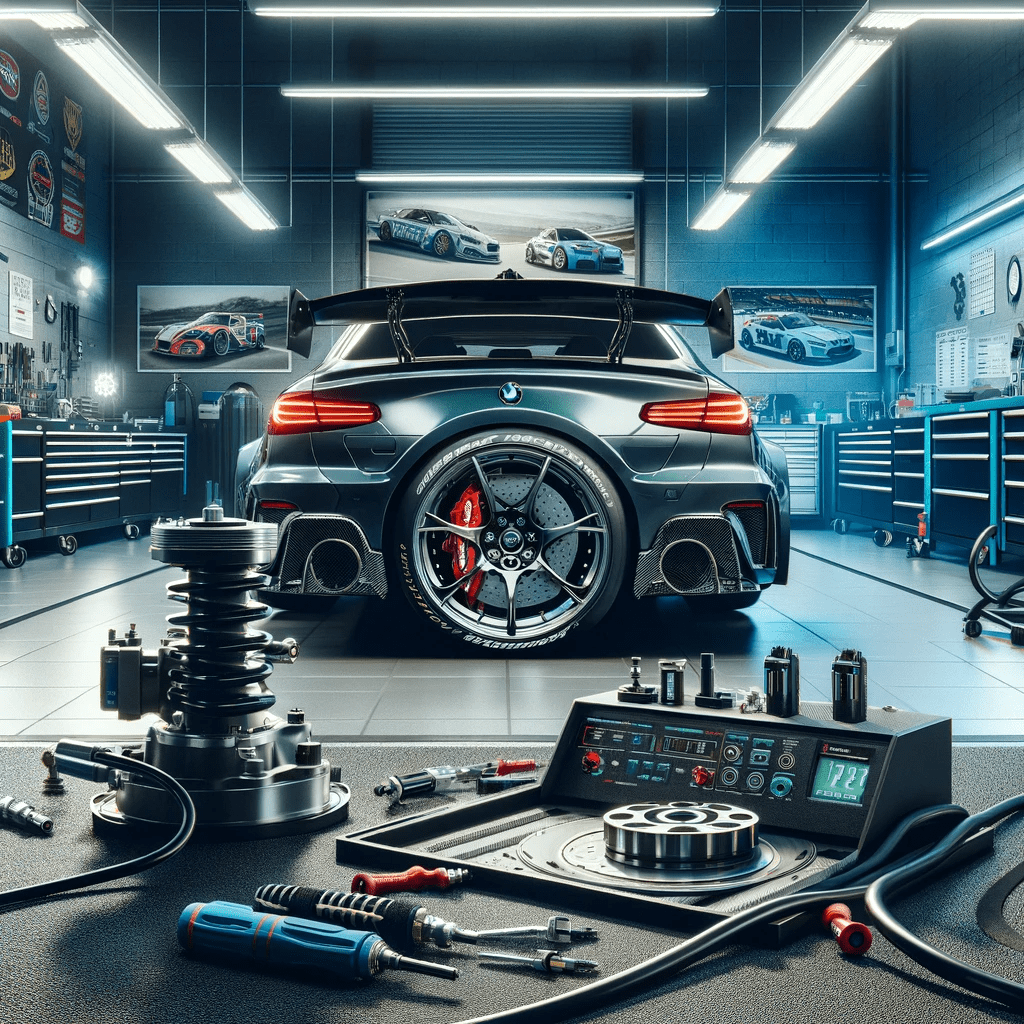
Disc brakes are the go-to for high-performance vehicles. They boast superior stopping power and handle high temperatures like a champ, thanks to their design that dispels heat more efficiently. Need a real-life example? Picture a sports car taking on a serpentine mountain road—disc brakes are what let it dance corner to corner without breaking a sweat.
Stopping on a Dime
- Disc Brakes: Consistent performance, even when it’s pouring.
- Drum Brakes: Might get you a few extra miles, but can falter when drenched.
The Cost Equation
Drum brakes won’t make your wallet weep. They’re easier on the bank account, both at purchase and at the mechanic’s. You’ll find them on many rear wheels of modern cars, playing it cool behind the scenes.
Budget Breakdown
- Initial Cost: Drum brakes are generally cheaper than disc brakes.
- Maintenance Costs: Drum brakes often last longer before needing a replacement.
Durability and Maintenance
Drum brakes are like the tortoise in the race—slow and steady. They’re encased, keeping out the crud and the muck, and that means less frequent maintenance. On the flip side, when it’s time for a tune-up, disc brakes are easier to access and service. Check out our essential guide to car brake maintenance for more insights.
Maintenance Must-Knows
- Disc Brakes: Might need more check-ups, but they’re straightforward.
- Drum Brakes: They’re low-maintenance, but when they need attention, it’s a bigger job.
Disc vs Drum Brakes: Tuning for Performance
If you’re about squeezing every bit of performance from your ride, disc brakes are your best bet. They’re customizable, with various pads and rotors to choose from. Interested in brake system tuning? Dive into our brake system tuning page for the full scoop.
Tuning Tactics
- Disc Brakes: Wide array of upgrade options for enhanced performance.
- Drum Brakes: Not much room for performance tuning, but they’re reliable as they are.
In Wet and Wild Conditions
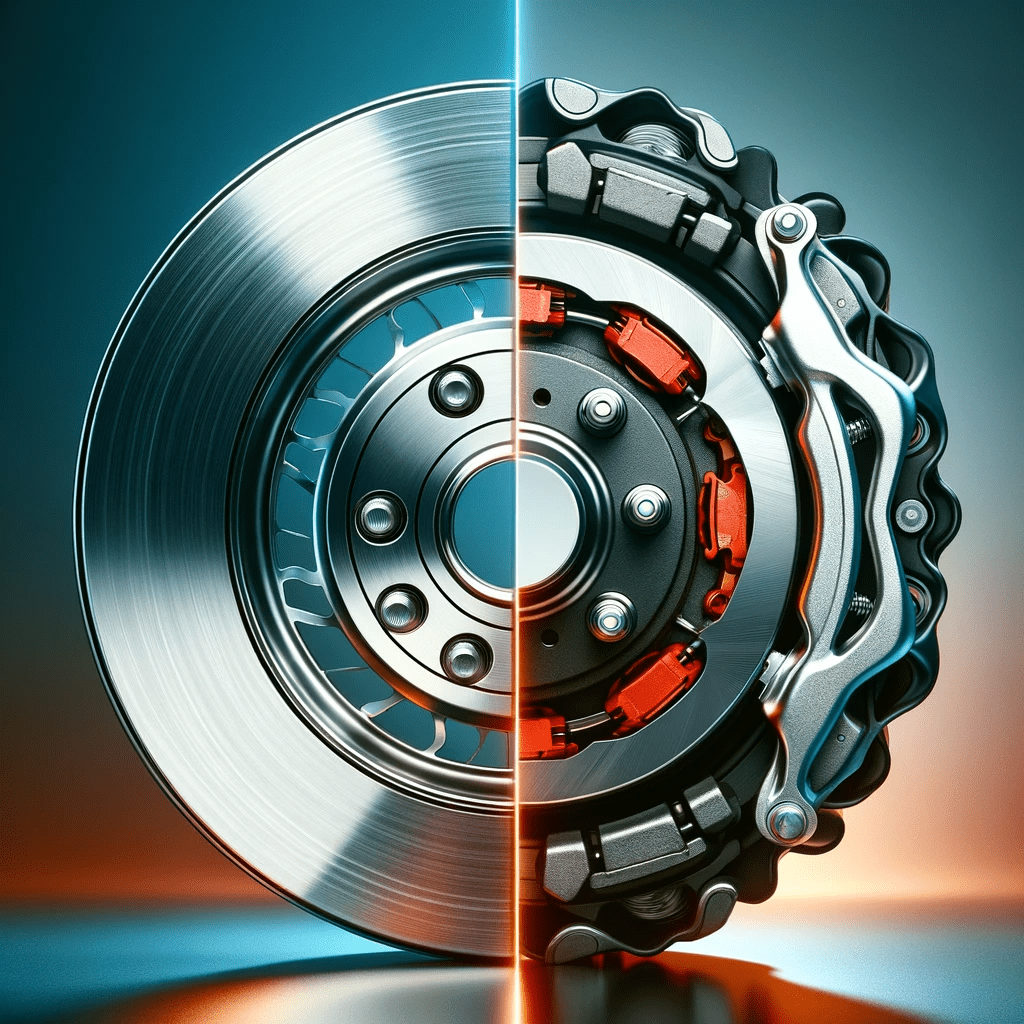
Water can be a nemesis for brakes, but disc brakes handle the splash better. Their design allows water to be flung off easily, keeping your stop-and-go action sharp. Drum brakes? They can trap water inside, leading to a less reliable response.
The Verdict
The choice depends on your needs. For performance and regular brake performance tips, disc brakes might be your hero. But for a ride that’s easy on the finances and doesn’t demand frequent pit stops, drum brakes could be the winning ticket.
Decision Drivers
- Performance: Disc brakes have the edge.
- Economy: Drum brakes take the trophy.
Conclusion on Disc vs Drum Brakes
The duel of disc versus drum brakes isn’t just about stopping—it’s about matching your brake type to your driving style and needs. Whether you’re looking for tips to ensure optimal brake performance or just need to know when it’s time for regular brake checks, we’ve got you covered.
Remember:
- Disc brakes are your front-line warriors in the world of performance.
- Drum brakes are the silent sentinels of budget-friendly reliability.
Need a hand deciding or looking for everything you need to know about brake repairs? Nashville Performance is your go-to guide. Drive safe!
